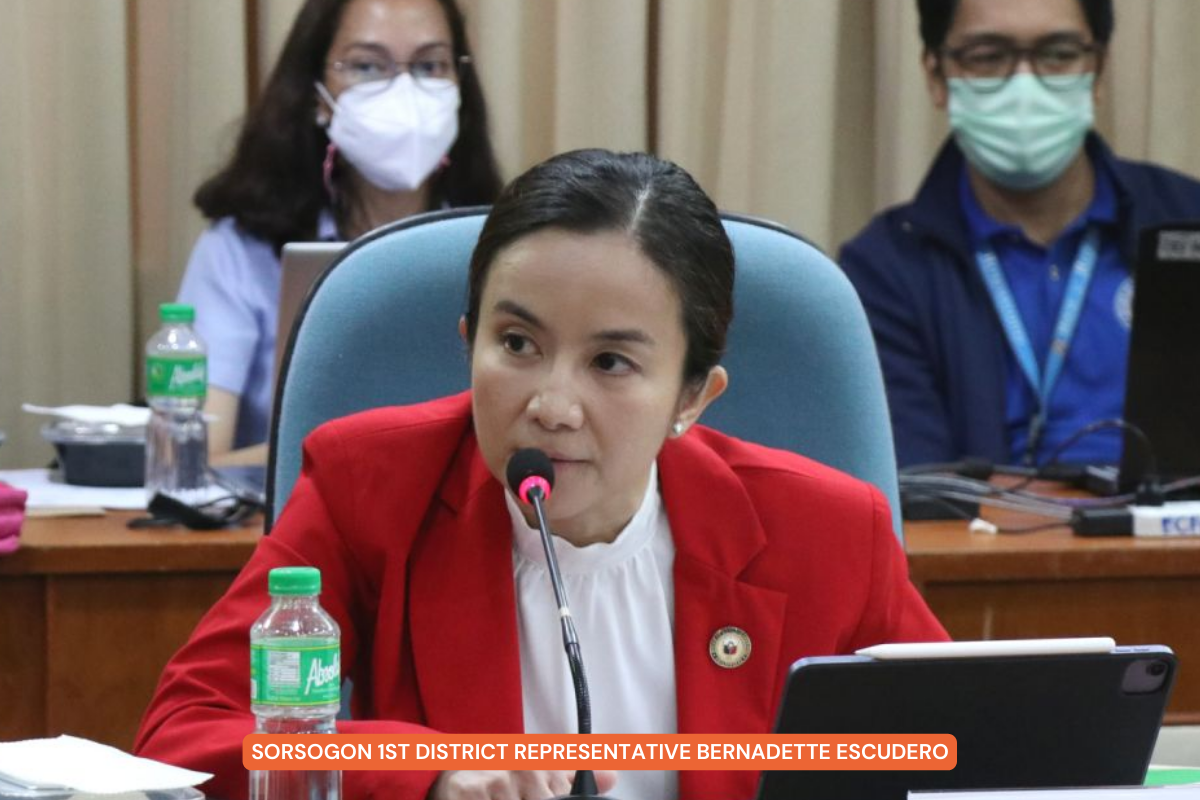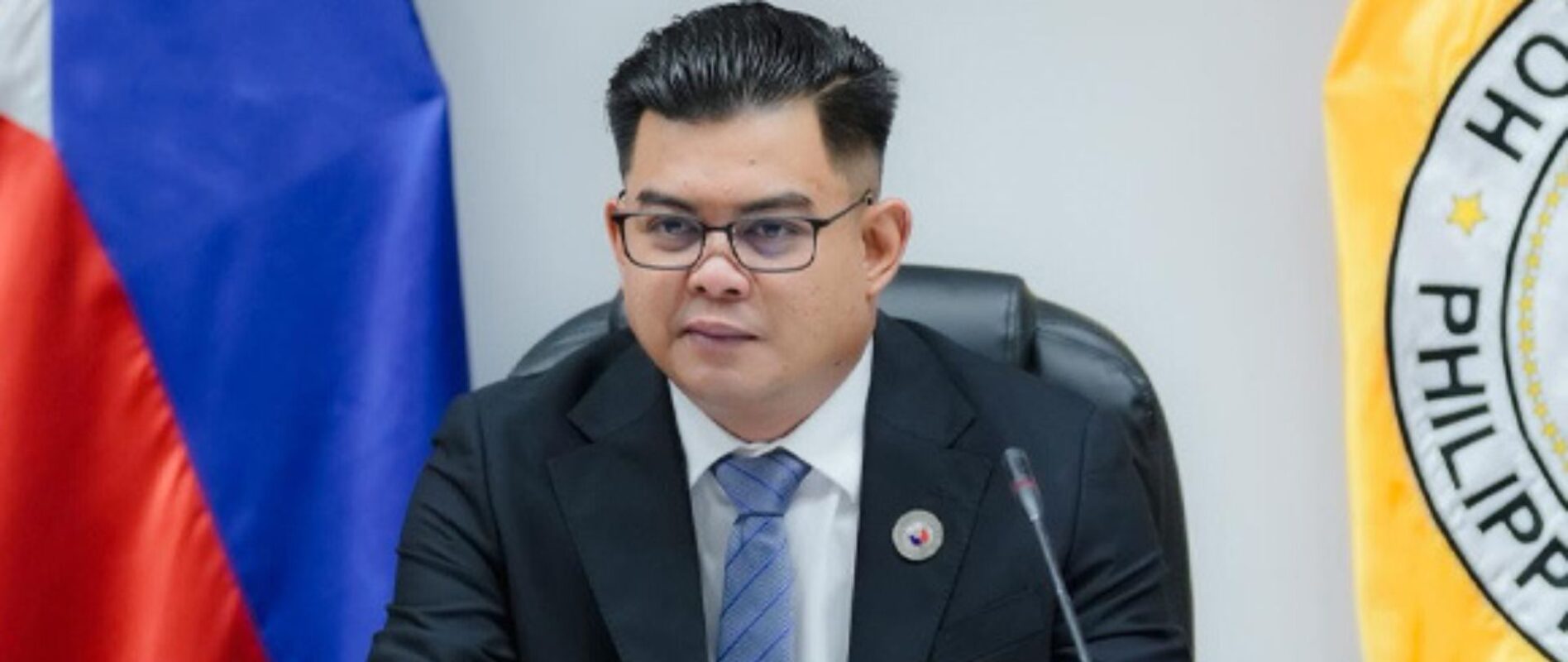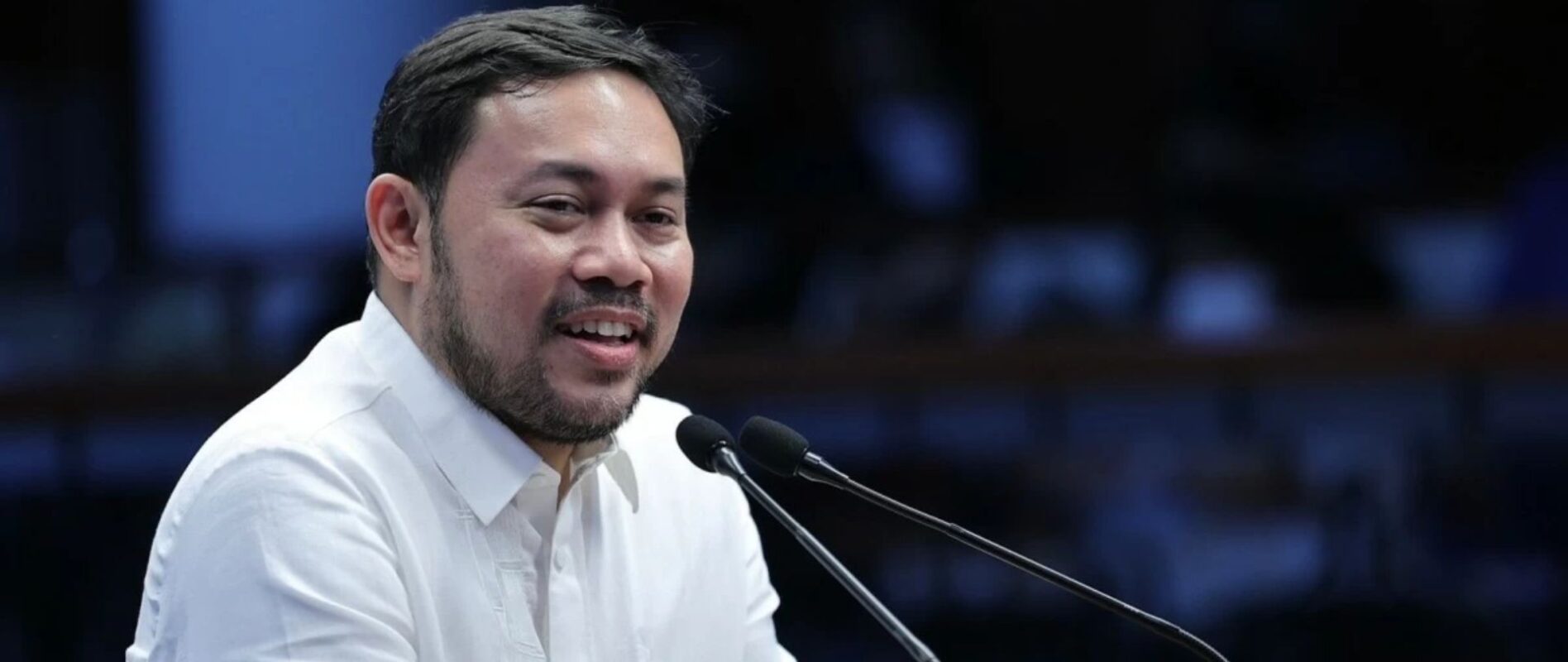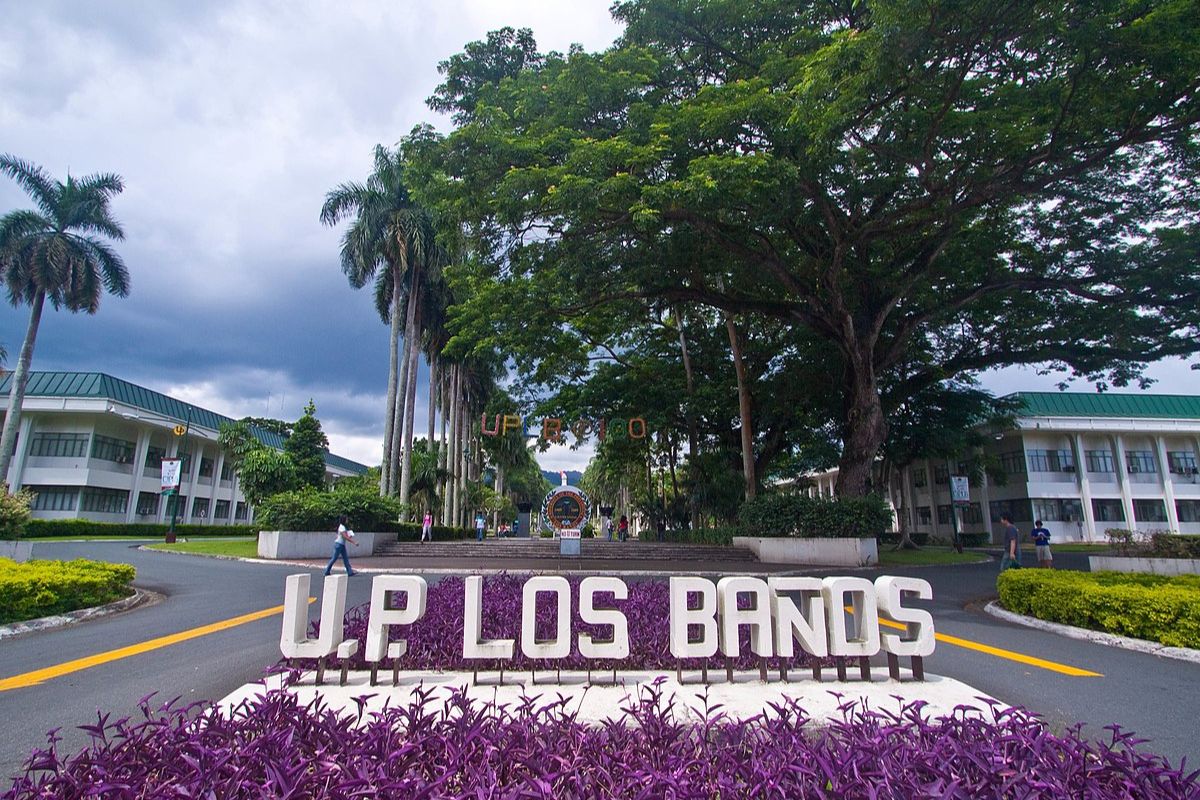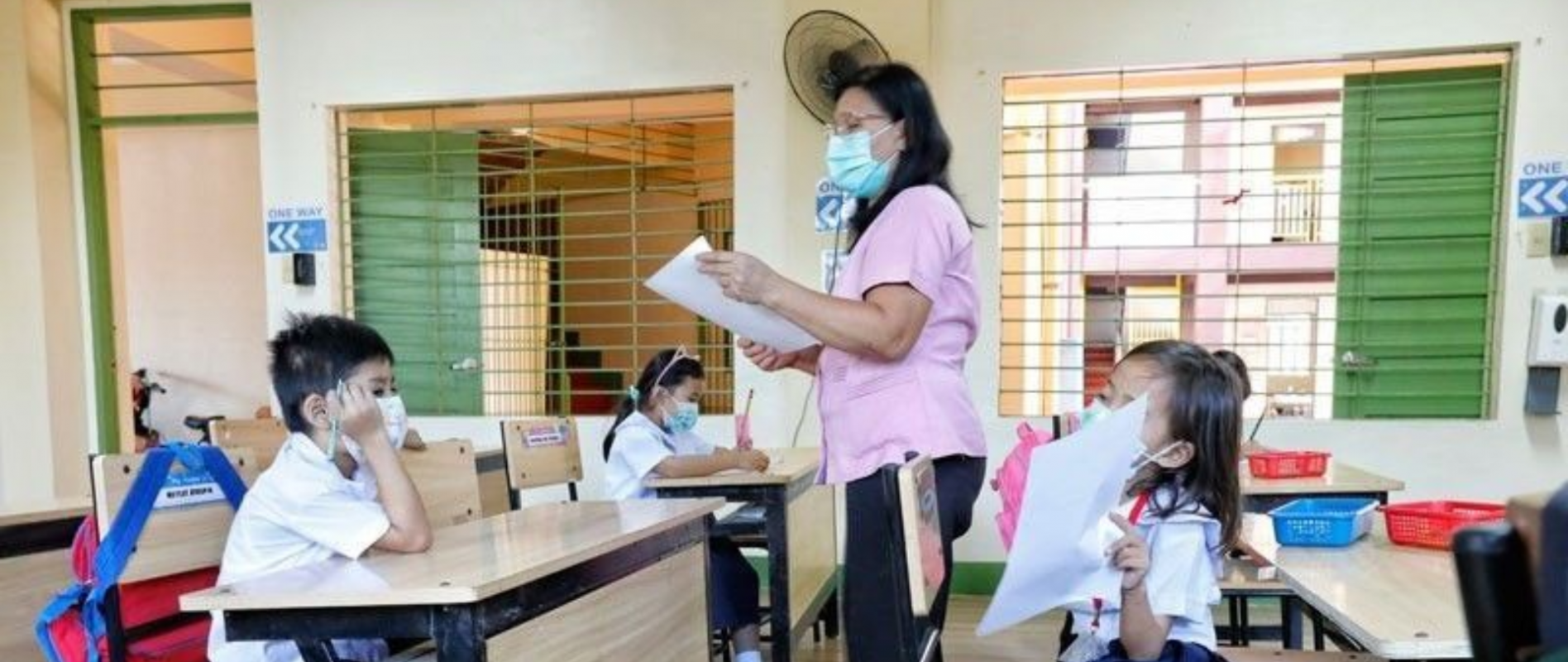LANGUAGE EXPERTS DENOUNCE BILL SEEKING TO ABROGATE IMPLEMENTATION OF MTB-MLE EDUCATION
A GROUP of linguist and language scholars decried a bill seeking to abrogate the implementation of mother tongue-based multilingual education for students from Kindergarten to Grade 3.
House Bill No. 6405, according to the Linguistic Society of the Philippines, is unacceptable by all means.
“It is perversely retrogressive. It will revert us to the state when children, especially those of indigenous minorities, go to schools where no teachers understand their language and where it is never used,” the group said in a statement.
“It will not only make us lose our momentum in our pursuit for quality education. It will also further narrow down the domains where smaller languages could be used productively,” it added.
LSP stressed implementing the MTB-MLE policy is a significant milestone in the linguistic history of the country.
“The MTB-MLE framework inspires community-based initiatives and grassroots participation in the formulation of context-appropriate guidelines and instructional materials. We cannot afford to abandon it due to mere inconvenience,” LSP said.
“It has at least given them a fair chance to survive, something that every ethnolinguistic group in the country, however big or small, rightfully deserves,” it added.
However, Baguio City lone district Rep. Mark Go said the Philippines’ poor ranking in the 2018 Programme for International Student Assessment should prod Congress to consider abrogating the mandatory use of regional languages as primary media of instruction, and relegate such languages as auxiliary media of instruction as provided for by the Constitution.
“In urbanized cities, when it is multicultural, how do you determine the mother tongue? It is going to be difficult. We are just creating a certain degree, probably confusion among children in all areas. Puwedeng tingnan muna ‘yun, magkaroon ng tunay na pag-aaral kasi multicultural nga dito. Especially now, migration is common in all areas. That’s one of the limitations we have to look at,” said Go.
The congressman also noted Filipino and English languages remain to be the most widely used in commerce and social media, and there are readily available instructional materials in both languages, which learners and teachers can use.
“The formative years of the students from Kindergarten to Grade 3 are crucial in preparing them for personal and academic development. Ultimately, it is the development of the learners that would suffer when we impose the mandatory use of the mother tongue when the teachers themselves are not equipped to teach using the mother tongue, and the learners are more competent with using Filipino or English,” Go said.
But LSP pointed out the principles and framework of the MTB-MLE are guided primarily by the well-established facts of the role of mother tongue in basic education and in child development.
LSP added MTB-MLE inspires children to value their language and to form a deeper bond with their culture, their community and its collective past.
“The adoption of the MTB-MLE framework in the Philippines under the Enhanced Basic Education Act of 2013 — in spite of the numerous challenges in its implementation —has paved the way for millions of Filipino children to finally be able to enjoy their linguistic human rights — particularly the right to education through the language(s) that they are most familiar with,” it said.


